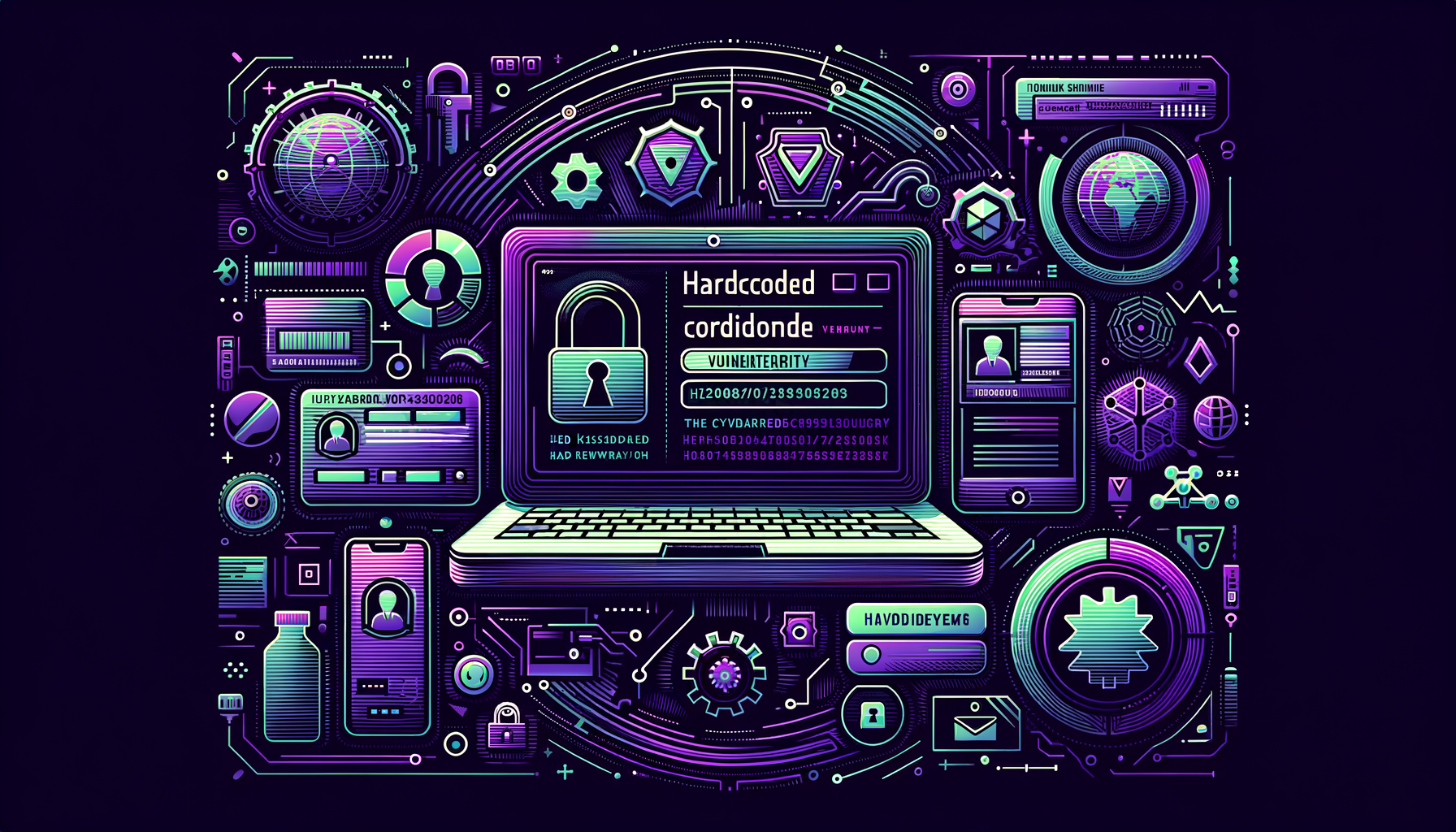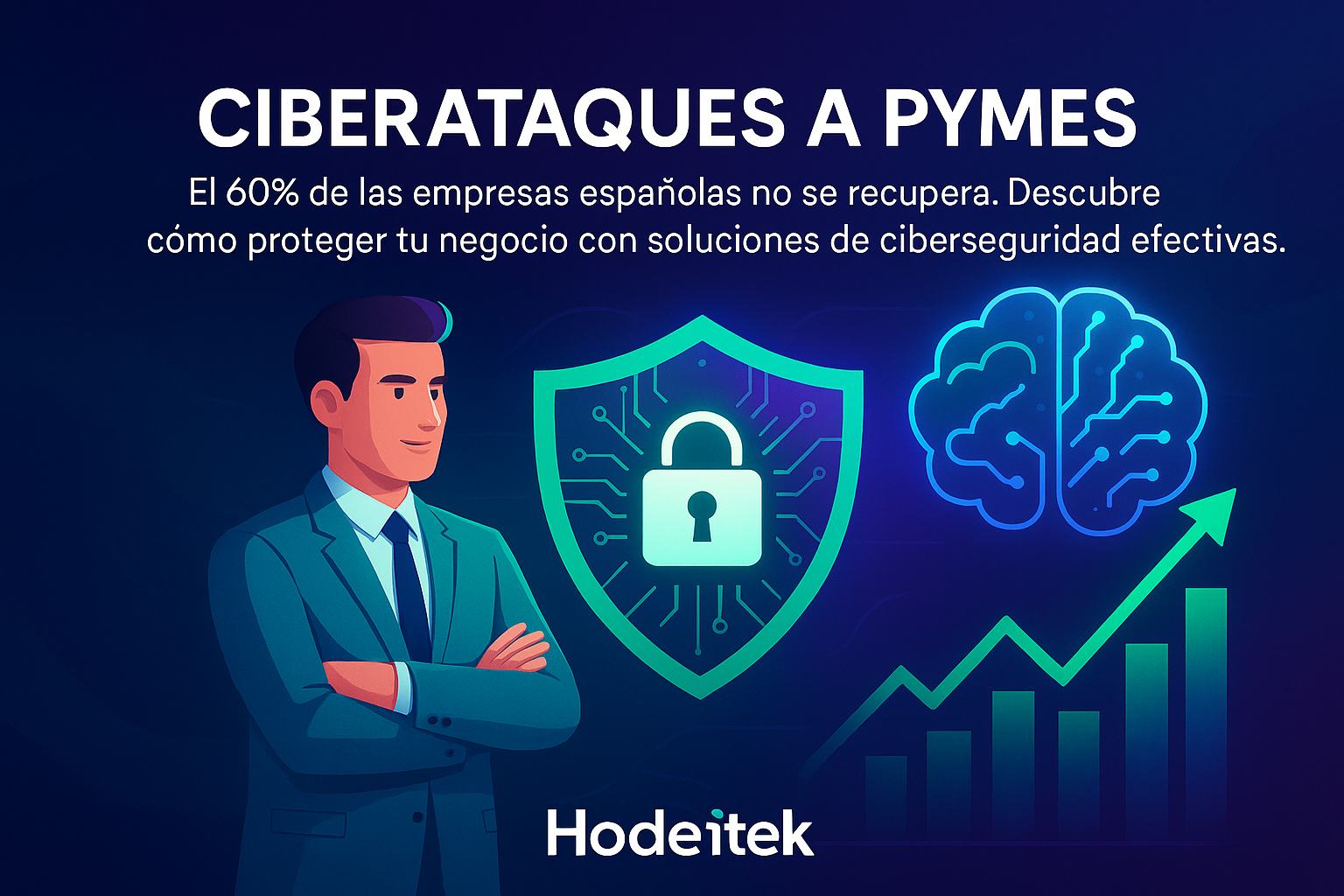Understanding the Hardcoded Credential Vulnerability in Modern Software
In a shocking revelation reported by The Hacker News on August 2024, a critical vulnerability involving hardcoded credentials has been discovered in multiple software applications. This significant security flaw exposes sensitive data and systems to potential attacks, posing severe risks especially to businesses across the globe. In this article, we will delve into the details of this vulnerability, its implications, and proactive measures that organizations can implement to safeguard their operations.
What are Hardcoded Credentials?
Hardcoded credentials refer to authentication details such as usernames, passwords, and API keys that are embedded directly within the source code of software applications. This practice, although convenient for developers during the development phase, poses a serious security threat if these credentials are not removed or adequately protected before the software is deployed. Unauthorized individuals who gain access to these credentials can exploit them to infiltrate systems, access sensitive information, and potentially carry out malicious activities.
Recent Incidence and Implications
The discovery of hardcoded credentials in several widely-used software applications has sent shockwaves through the cybersecurity community. The implications of such vulnerabilities are far-reaching. Attackers can leverage these credentials to escalate privileges, move laterally within networks, and exfiltrate data. For businesses, this could translate to data breaches, financial losses, regulatory penalties, and damage to reputation.
Examples of Hardcoded Credential Vulnerabilities
In recent years, there have been several high-profile cases where hardcoded credentials have led to significant security breaches:
- Adobe Creative Cloud: In 2019, a security researcher discovered that Adobe Creative Cloud Embed API contained hardcoded credentials, exposing user information to potential unauthorized access.
- Tesla Model S: In 2017, researchers found hardcoded credentials in the Tesla Model S car application, which could potentially allow hackers to control various aspects of the vehicle remotely.
- IoT Devices: Many IoT devices have been found with hardcoded credentials, making them susceptible to widespread botnet attacks like Mirai.
Addressing the Threat: Best Practices and Solutions
Given the severity of this issue, organizations must adopt robust security practices to mitigate the risks associated with hardcoded credentials. Here, we outline several key strategies and services offered by Hodeitek to help businesses strengthen their cybersecurity posture.
1. Cybersecurity Solutions by Hodeitek
At Hodeitek, we offer a comprehensive range of cybersecurity services designed to protect businesses from evolving cyber threats. Our services include, but are not limited to, endpoint protection, network security, and threat intelligence. Explore our complete offerings on our services page.
2. Endpoint Detection and Response (EDR), Extended Detection and Response (XDR), and Managed Detection and Response (MDR)
Our EDR, XDR, and MDR services provide advanced threat detection and response capabilities, ensuring that potential intrusions are swiftly identified and mitigated. By continuously monitoring endpoint activities and network traffic, our solutions can detect anomalous behavior indicative of credential misuse.
- Benefits:
- Real-time threat detection and response
- Enhanced visibility across the organization
- Proactive threat hunting and mitigation
3. Next Generation Firewall (NGFW)
Our Next Generation Firewall (NGFW) solutions offer superior protection compared to traditional firewalls by incorporating advanced threat detection and application-aware protection measures. These firewalls are crucial in preventing unauthorized access initiated through compromised credentials.
- Benefits:
- Deep packet inspection
- Intrusion prevention
- Application-level monitoring and control
4. Vulnerability Management as a Service (VMaaS)
Our VMaaS allows businesses to proactively identify and address vulnerabilities before they can be exploited. Regularly scanning for hardcoded credentials and other weaknesses, this service helps maintain a secure and compliant IT environment.
- Benefits:
- Comprehensive vulnerability assessments
- Automated scanning and reporting
- Prioritized remediation strategies
5. SOC as a Service (SOCaaS) 24×7
Our round-the-clock SOC as a Service (SOCaaS) ensures your organization’s security is continuously monitored by a team of experts. Utilizing state-of-the-art tools, our SOCaaS detects and responds to threats in real-time, providing a robust defense against potential credential abuses.
- Benefits:
- 24×7 security monitoring and incident response
- Threat intelligence integration
- Rapid threat containment and remediation
6. Industrial SOC as a Service (SOCaaS) 24×7
Our Industrial SOCaaS caters specifically to industrial environments, offering specialized threat monitoring and response tailored to protect critical infrastructure. Given the rise of IoT and OT systems, ensuring these environments are secure is more critical than ever.
- Benefits:
- Specialized defense for industrial control systems
- Minimizing operational disruptions
- Compliance with industry regulations
7. Cyber Threat Intelligence (CTI)
The Cyber Threat Intelligence (CTI) service offered by Hodeitek empowers organizations with actionable insights into emerging threats. By understanding the tactics, techniques, and procedures (TTPs) used by adversaries, businesses can preemptively strengthen their defenses.
- Benefits:
- Proactive threat monitoring
- Contextual threat intelligence
- Enhanced incident response
8. Data Loss Prevention (DLP)
Our Data Loss Prevention (DLP) solutions prevent unauthorized access to and exfiltration of sensitive data. DLP tools monitor data in motion, at rest, and in use, ensuring that any misuse of credentials does not lead to data breaches.
- Benefits:
- Protection of sensitive data
- Compliance with data protection regulations
- Comprehensive monitoring and reporting
9. Web Application Firewall (WAF)
The Web Application Firewall (WAF) services offered by Hodeitek protect web applications from attacks that exploit vulnerabilities such as SQL injection, cross-site scripting (XSS), and hardcoded credentials. A WAF filters and monitors HTTP traffic between a web application and the Internet.
- Benefits:
- Shield web applications from common threats
- Granular control over application traffic
- Improved application security posture
Conclusion: Safeguarding Against Hardcoded Credentials
The recent discoveries of hardcoded credential vulnerabilities underscore the critical need for robust cybersecurity measures. Organizations must remain vigilant and proactive in implementing sophisticated security solutions to protect their assets. At Hodeitek, we offer a wide array of services that integrate seamlessly to create a multi-layered defense strategy, tailored to the unique needs of your business. Visit our Cybersecurity services page to explore how we can help you fortify your defenses against evolving threats.
If you have any questions or require more information, feel free to contact us. Our experts are ready to assist you in securing your organization against potential vulnerabilities.
Stay informed, stay protected, and partner with Hodeitek for comprehensive cybersecurity solutions.






